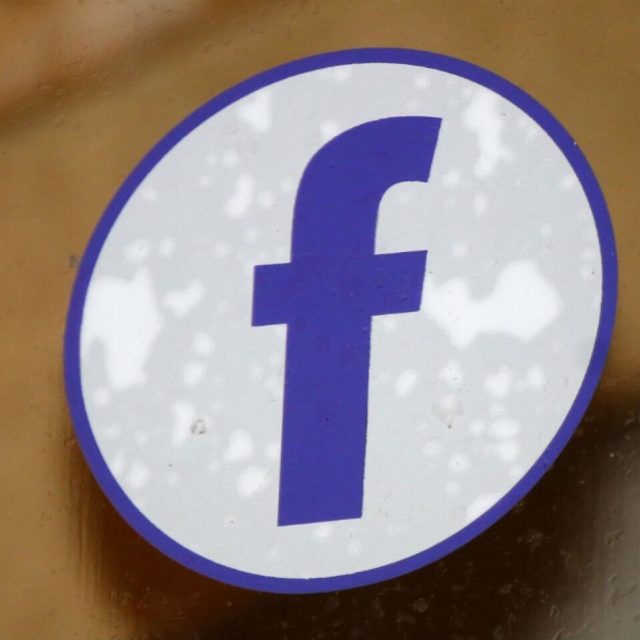Facebook has switched off some child abuse detection tools in Europe following new rules set by the EU.
FACEBOOK has switched off some child abuse detection tools in Europe following new rules set by the EU.
The company has insisted it had no choice because the new privacy directive has banned automatic scanning of private messages.
The change only applies to its messaging services rather than content uploaded to Facebook, and as noted by the BBC, there is no change in the UK, where measures remain “consistent with applicable laws”.
In a blog post, Facebook said: “The European Commission and child safety experts have said that the directive does not provide a legal basis for these tools …
“The safety of our community is paramount, and we are advocating for changes that will allow us to resume our efforts to identify this type of material.”
The Children’s Charities’ Coalition on Internet Safety’s John Carr said: “This train crash has been approaching since the summer.
“Neither the EU nor one of the world’s largest and most powerful tech companies could find a way of avoiding it. It is a very sad day for the children of Europe.
“We are heading for a very strange world if privacy laws can be used to make it easier for paedophiles to contact children, or for people to circulate or store pictures of children being raped.”
Meanwhile, NSPCC’s head of policy Anna Edmundson noted that the tech firms’ ability to scan for certain types of content was “fundamental” to protection efforts.
The Council of the European Union addressed the concerns in October, saying in a press release: “Providers will not be able to continue to take such action unless a legislative measure is adopted with urgency and brought into effect by 21 December 2020.”
However, there has been no such exemption brought into law.
Facebook argues that an exemption must be granted by the European Parliament or its individual member states, but Microsoft has maintained its child safety procedures despite the legal challenge.
In a joint statement with LinkedIn, Google, Roblox and Yubo, it noted that the complex impact of the laws “created significant ambiguity” which could hurt users.
The statement continued: “Given this, we believe the only responsible approach is to remain steadfast in honouring our safety commitments that European – and, indeed, users around the world – expect and rely upon.”
– BANG ShowBiz Tech








